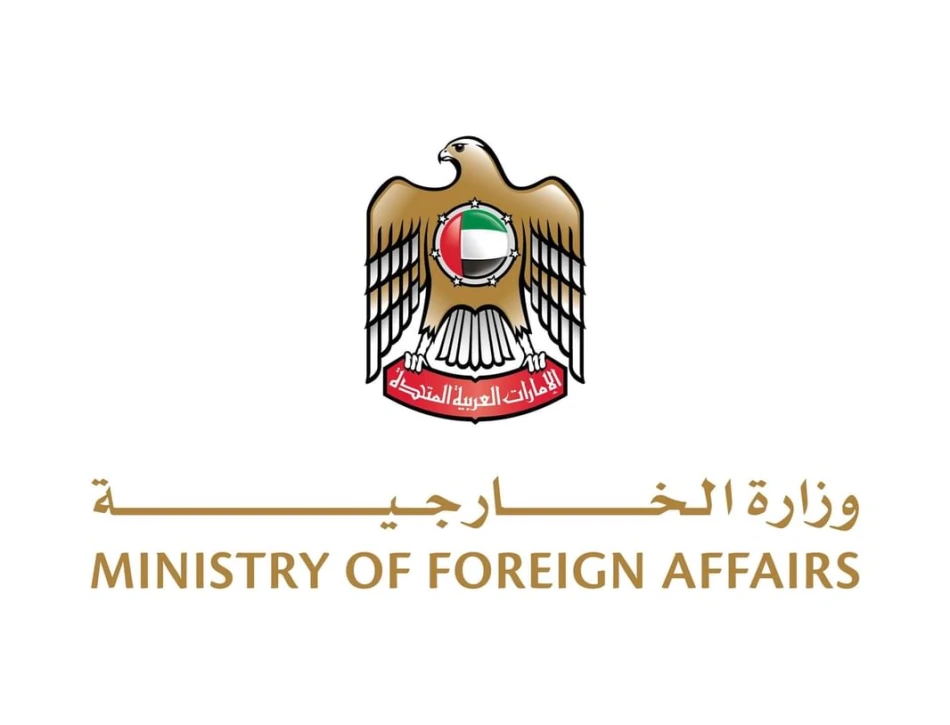
UAE Strongly Condemns Attack on WFP Humanitarian Convoy in Sudan
UAE Condemns Attack on Humanitarian Convoy in Sudan as International Law Violations Escalate
The United Arab Emirates has issued a strong condemnation of an attack targeting a humanitarian convoy near Mellit in North Darfur, Sudan, marking another violation of international humanitarian law as the country's civil war continues to endanger aid workers and civilians. The incident underscores the growing challenges facing international relief efforts in one of the world's most dangerous humanitarian crises.
International Law Under Fire in Sudan's Conflict
The UAE's Ministry of Foreign Affairs characterized the attack as a "flagrant violation of international humanitarian law," emphasizing the critical need to protect civilians and humanitarian workers operating in conflict zones. This condemnation reflects broader international concerns about the systematic targeting of aid operations, which has become a disturbing pattern since Sudan's civil war erupted in April 2023.
The attack near Mellit, a strategic town in North Darfur that has changed hands multiple times during the conflict, highlights how humanitarian corridors have become increasingly militarized. Aid organizations have reported numerous incidents where convoys have been attacked, looted, or blocked by warring factions.
Jeddah Declaration: A Framework Under Strain
The UAE's statement specifically referenced the Jeddah Declaration, calling on Sudan's warring parties to honor their commitments to protect civilians and secure humanitarian corridors. The declaration, brokered by Saudi Arabia and the United States, established principles for civilian protection and humanitarian access, but enforcement mechanisms remain weak.
Since the declaration's signing, violations have been routine. The Rapid Support Forces and Sudanese Armed Forces have both been accused of impeding aid delivery, conscripting humanitarian vehicles, and targeting relief infrastructure. This systematic breakdown of humanitarian norms mirrors patterns seen in other prolonged conflicts, from Yemen to Syria.
Regional Implications and UAE's Strategic Position
The UAE's vocal condemnation carries particular weight given its significant influence in regional diplomacy and its complex relationships across the Horn of Africa. As a major humanitarian donor and diplomatic mediator, the Emirates has maintained channels with various Sudanese factions while advocating for civilian protection.
This stance aligns with the UAE's broader foreign policy approach of supporting stability in neighboring regions while positioning itself as a responsible international actor. The country has contributed millions in humanitarian aid to Sudan and hosts thousands of Sudanese refugees, giving it both moral authority and practical stakes in the conflict's resolution.
Humanitarian Crisis Deepens as Access Deteriorates
The attack on the humanitarian convoy represents more than an isolated incident—it reflects the systematic collapse of civilian protection in Sudan. Over 25 million people, more than half of Sudan's population, now require humanitarian assistance, making it one of the world's largest humanitarian crises.
Aid organizations face unprecedented challenges: convoy attacks, bureaucratic obstacles, and active targeting of relief infrastructure have reduced humanitarian access to critical levels. The World Food Programme and other agencies have repeatedly suspended operations due to security concerns, leaving millions without essential services.
International Response and Future Prospects
The UAE's call for immediate ceasefire and unimpeded humanitarian access echoes demands from the African Union, Arab League, and UN Security Council. However, diplomatic pressure has proven insufficient to meaningfully alter the conflict's trajectory or protect humanitarian operations.
Regional powers, including Egypt, Saudi Arabia, and Ethiopia, face mounting pressure to leverage their influence over Sudan's warring factions. The UAE's statement suggests growing frustration among Gulf states with the continued deterioration of humanitarian conditions and the failure of existing peace frameworks.
As Sudan's conflict enters its second year, the targeting of humanitarian convoys signals a dangerous escalation that could further isolate the country from international support and deepen civilian suffering. Without stronger enforcement mechanisms and genuine commitment from warring parties, humanitarian workers and civilians will remain vulnerable to such attacks.
Most Viewed News

 Sara Khaled
Sara Khaled






